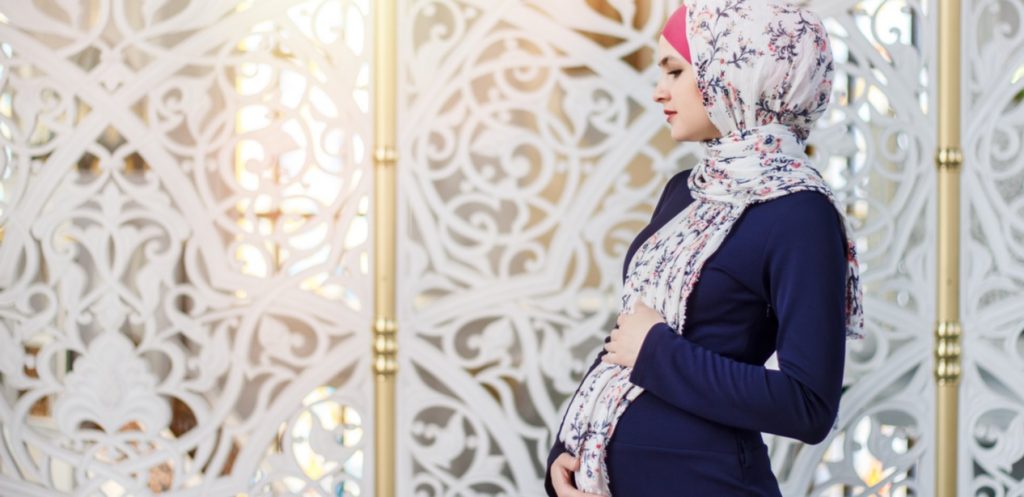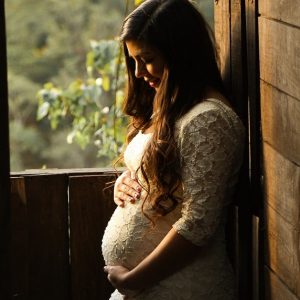The Holy month of Ramadan is fast approaching and if you are an expecting mother, you might be contemplating whether it is safe for you and your baby to fast.
Your obstetrician should be the first person you consult on whether it is safe for you to fast or not. In high risk pregnancies, it is usually unadvisable to fast. Some doctors prefer you not to fast during the early stages of pregnancy as the most dramatic changes and development happen during the first trimester. Some women also suffer from nausea and morning sickness which can cause dehydration and a lack in necessary nutrients, and fasting might not be recommended.
However, if you are given the go ahead to fast, here are some things to keep in mind!
1| As Ramadan is falling this year during the summer, it is essential that you drink plenty of fluids, especially water, between sunset and sunrise to keep well hydrated.
2| Eat healthy foods. Choose slow energy-releasing foods such as complex carbohydrates – wholegrains and seeds, potatoes and sweet potatoes.
3| Eat high- fibre foods – such as pulses, vegetables and dried fruits (which will help you avoid constipation).
4| Make sure you get plenty of protein from beans, nuts and well-cooked meat and eggs.
5| Avoid high sugar foods as these make you thirsty.
6| Avoid high salt foods as these make you hungry!
7| Try to rest especially during the hottest parts of the day.
8| Try to stay away from exercise and any strenuous work during fasting hours.
9| If you feel very bad nausea, are vomiting or feel faint or dizzy, consult your doctor immediately.
10| If your baby is moving less or you are having contraction like pains or bad cramps, get to your doctor.
Check out My Hyperemesis Gravidarum Story
Your body is your best guide in telling you when and if something is wrong. Make sure you listen to it and be safe.
Ramadan Kareem from Mumzworld!









Bloody fantastic! This has made my day.
Love the tone here.
This should be a required read. Stay with live tv streaming ary news — developing stories and analysis. crisp HD playback. prime‑time debates, reportage, interviews. crisp HD playback.
Thank you for constantly offering articles that provide real value. The information here is insightful, organized, and helpful in many ways. I appreciate the ongoing dedication to publishing content that supports learning.
I am grateful for the thoughtful and updated content you consistently provide. The articles are easy to follow and filled with meaningful insights. Thank you for supporting readers with useful and well-presented information.
WhatsApp web’ https://www.ws-gcw-whatsapp.com Get the most out of group study sessions on WhatsApp Web. . Date: 2026-01-14 14:08:04 (-03).
Awesome post! Join the fun at https://www.web-ltd-whatsweb.com WhatsApp 网页版的社交互动功能丰富多样,满足不同用户需求。 . Date: 2026-01-15 19:56:30 (-03).
Your review convinced me to finally try those creamier dessert vapes; I’m hoping the vanilla almond custard kilo salts will be the perfect sweet, smooth addition to my rotation for evenings!